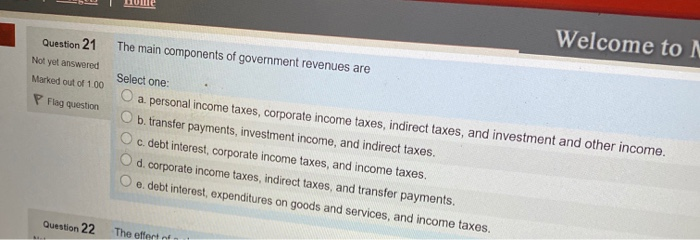Question
The participant is LSD. Without that, the column affirms, there'd be no Grateful Dead, Carlos Santana, Jimi Hendrix, Doors, Beatles, or Pink Floyd. At least





The participant is LSD. Without that, the column affirms, there'd be no Grateful Dead, Carlos Santana, Jimi Hendrix, Doors, Beatles, or Pink Floyd. At least not as we now know them. The article covers a lot of ground, but the basic point is that taking the illegal drug LSD helped these guys become great musicians. In the comments section, many people responded.
1. ATL_420 writes, "I don't know about y'all, but I have recorded music while tripping on acid. I was the most talented I have ever been on guitar during those hours."
Assume you are the manager of ATL_420's band. Convince yourself that you have an ethical duty to make sure he's got all the LSD he needs when he's in the recording studio. Make the case, in other words, that you should be an enabler.
2. Strat_Monkey says, "I'm going to go with what I've heard from several drug-using musicians which is basically: Yes, Drugs CAN open your mind and allow you to make better music, BUT if you take too many you will f*ck yourself up good and proper. Moderation is the key here."
How would someone who subscribes to a utilitarian ethics (the greatest good for the greatest number should be sought) define the term moderation?
What kinds of fears would this ethicist have about allowing Strat_Monkey to use LSD?
3. Ramco addresses this to the article's author:
"If this article causes even one person to try LSD then you are a monster."
"LSD is a fungus that degenerates the brain stem, and continues to remain in the brain for years, causing "acid flashbacks" at unexpected and inopportune times. With the exception of heroin, LSD has the worst long-term effects of any drug."
"Also, LSD has given us some of the WORST music ever. There are plenty of drug-inspired songs that only appeal to those on drugs."
"I am disappointed in UG for approving this article which is nothing but an advertisement for LSD, which is not only dangerous but also illegal."
Assume that both sides of this argument have some hold on the truth. In some cases LSD really did help musicians produce excellent music, but the effects of LSD use are also extremely harmful.
How do you decide where to draw the line?
How much social harm are you willing to tolerate for some good music?
Justify.
4. One way for music company executives to manage the fact that some of their acts use a lot of drugs is with complicity?that is, adopting a kind of "don't ask, don't tell" policy. Even though drug use wouldn't be encouraged, it wouldn't be tested for either.
What are some of the ethical advantages to this approach?
What are some of the disadvantages?
Add a new discussion topic





Step by Step Solution
There are 3 Steps involved in it
Step: 1

Get Instant Access to Expert-Tailored Solutions
See step-by-step solutions with expert insights and AI powered tools for academic success
Step: 2

Step: 3

Ace Your Homework with AI
Get the answers you need in no time with our AI-driven, step-by-step assistance
Get Started


